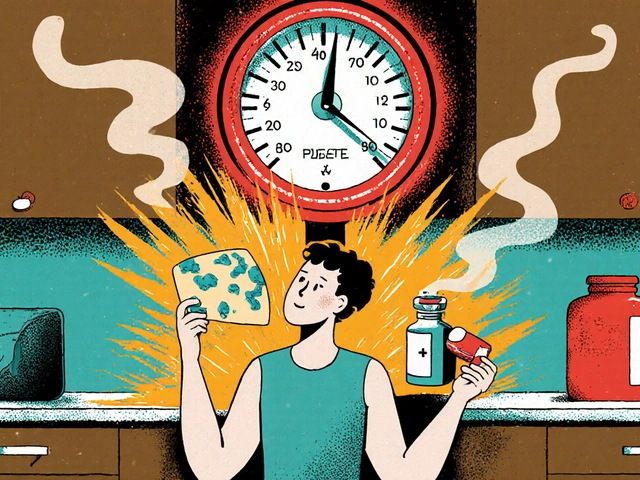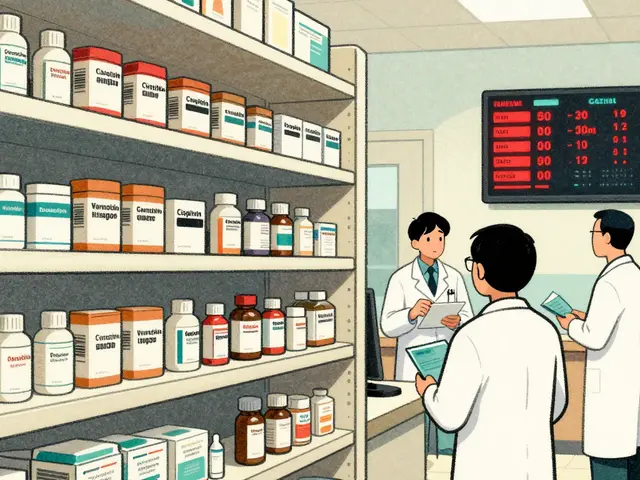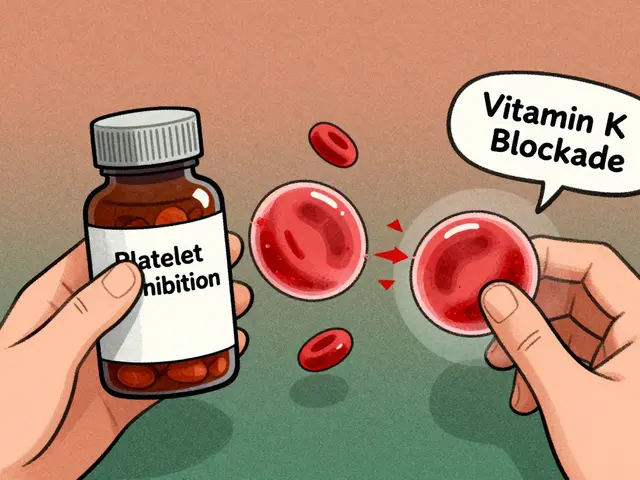Quit Smoking: How to Stop and Protect Your Heart, Lungs, and Life
When you quit smoking, the process of stopping tobacco use to improve health and reduce disease risk. Also known as smoking cessation, it’s not just about giving up cigarettes—it’s about reversing damage, reclaiming your breath, and lowering your risk of heart attack, stroke, and cancer. Every cigarette you don’t smoke gives your body a chance to heal. Within 20 minutes, your heart rate drops. After 12 hours, carbon monoxide leaves your blood. By three months, your lung function starts improving. And after one year, your risk of heart disease cuts in half.
But quitting isn’t just about willpower. It’s about understanding nicotine withdrawal, the physical and emotional symptoms that happen when your body adjusts to life without nicotine. Cravings, irritability, trouble sleeping—these aren’t signs you’re failing. They’re proof your body is rewiring itself. Many people think they need to quit cold turkey, but that’s not the only way. Some find success with nicotine patches, gum, or prescription meds like varenicline. Others use behavioral support, apps, or counseling. The key isn’t the method—it’s finding what sticks for you.
Your cardiovascular health, the condition of your heart and blood vessels improves fast after you stop. Smoking damages your arteries, thickens your blood, and raises your blood pressure. That’s why smokers are two to four times more likely to have a heart attack. But within a year of quitting, that risk drops sharply. Your lungs, too, begin cleaning themselves. Mucus clears, cilia regrow, and breathing gets easier—even if you’ve smoked for decades.
And it’s not just about avoiding disease. People who quit smoking report better sleep, more energy, improved taste and smell, and fewer coughs. They save money. They don’t smell like ash. Their kids breathe cleaner air. This isn’t a sacrifice—it’s a upgrade.
Below, you’ll find real guides on how smoking harms your body, what helps people actually quit, and how to handle the side effects. No fluff. No hype. Just what works.

- Nov 18, 2025
- Posted by Cillian Osterfield
Menopause and Smoking: Why Quitting Now Makes a Difference
Smoking worsens menopause symptoms like hot flashes, bone loss, and heart disease. Quitting now reduces risks fast-even after years of smoking. Learn how stopping improves your health at any age.
Categories
- Health and Wellness (72)
- Medications (69)
- Health and Medicine (28)
- Pharmacy Services (12)
- Mental Health (9)
- Health and Career (2)
- Medical Research (2)
- Business and Finance (2)
- Health Information (2)
Latest Posts
©2026 heydoctor.su. All rights reserved





